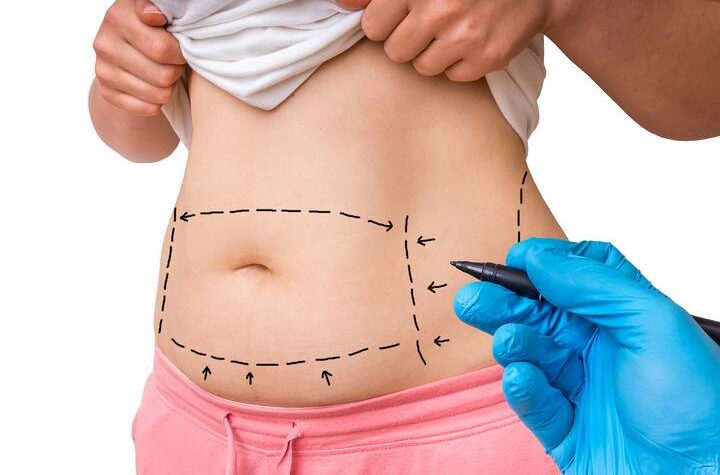A tummy tuck, or abdominoplasty, is a life-changing surgery that can improve your body shape and boost your confidence. If you want to remove extra skin or tighten your stomach muscles, preparing properly and focusing on recovery is important. Knowing what steps to take before and after the surgery can greatly improve your experience, leading to a smoother healing process and better results.
Here is what you should do before and after a tummy tuck:
Before: Choose the Right Surgeon
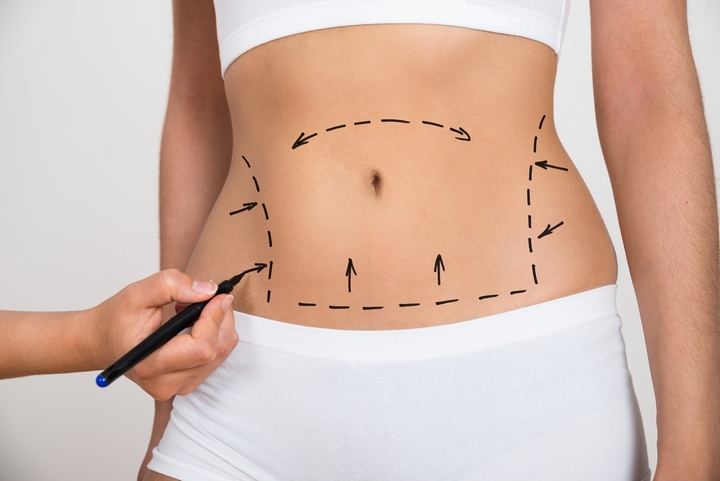
The first step to a successful tummy tuck is picking a skilled and experienced surgeon. Find a board-certified plastic surgeon who specializes in body contouring procedures.
Set up a consultation to discuss your goals and learn about their approach to the surgery. Looking at before-and-after photos of their past patients can help you better understand their skills.
Feel free to ask questions about the procedure, the recovery timeline, and what results you might expect. Building trust with your surgeon is important so you feel confident and informed throughout the process.
Before: Prepare Your Body
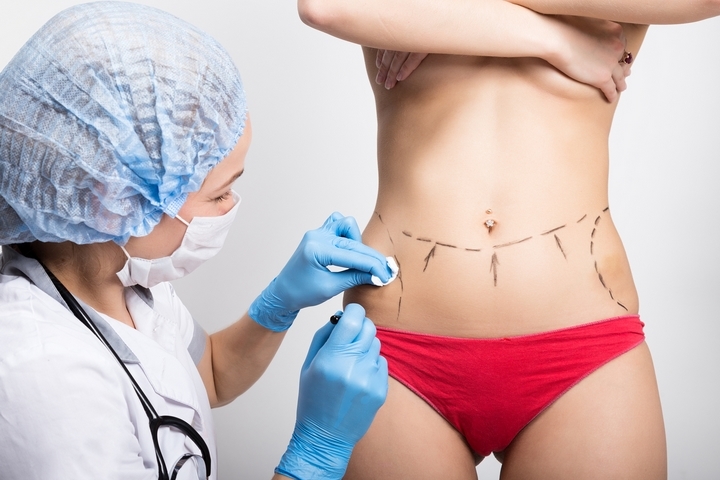
Getting your body ready for surgery sets you up for a smooth recovery. Focus on staying healthy in the weeks before your tummy tuck.
Keep active with light exercise because good circulation and fitness can help with recovery. Eat a balanced diet of vitamins and nutrients to support your body’s healing process. Avoid smoking and cut back on alcohol, as these can slow down healing and raise surgical risks.
Your surgeon might also suggest stopping certain medications or supplements that could affect your procedure. Following this advice ensures your body is as prepared as possible for surgery.
Before: Plan for Recovery
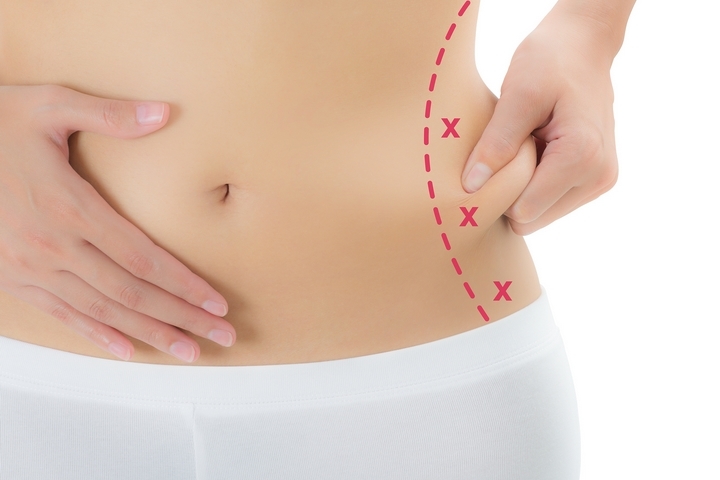
Having a recovery plan can make the time after your surgery much smoother. Make sure to arrange for someone to drive you home and stay with you for the first few days.
Set up a cozy spot with soft pillows, loose clothes, and easy-to-reach supplies. Ensure you have water bottles, snacks, and medications your doctor suggests. Keeping everything close by will decrease effort and help you rest better. This preparation enables you to feel organized and ready to concentrate on getting better.
After: Follow Post-Op Instructions
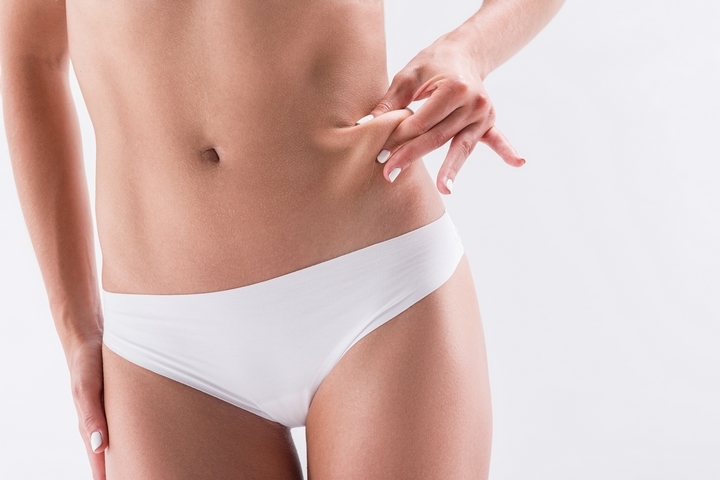
After your tummy tuck, your surgeon will give specific instructions to help you recover. These guidelines aim to ease any discomfort and aid in healing.
You might need to wear a compression garment. It helps reduce swelling and offers support. Follow your surgeon’s advice on wearing it and caring for your incision. Attending your follow-up appointments is important. These visits let your surgeon check how you’re healing and answer any questions. Sticking to the recovery plan helps you get the best results.
After: Manage Physical Activity

Getting plenty of rest is important after a tummy tuck, but gentle movement is just as vital to help with circulation and prevent issues like blood clots.
Once your surgeon gives the green light, start with short and easy walks around your house. Gradually increase your activity level as time passes, but avoid heavy workouts or lifting until you completely recover. Pay attention to your body and take things at a comfortable pace to ensure a safe recovery while keeping up your overall health.
After: Monitor Your Diet
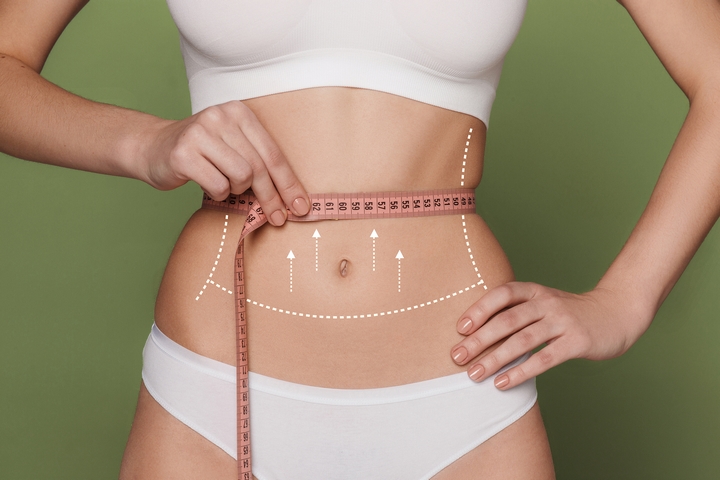
What you eat is essential for your recovery. Eating foods full of nutrients helps your body heal and gives you more energy.
Eat lean proteins, fresh fruits and vegetables, and whole grains. These foods provide vitamins and minerals that help with healing and keep your immune system strong. Drinking water is also key, so ensure enough throughout the day.
Avoid salty or processed foods, as they might make you feel bloated or uncomfortable. A balanced diet helps you feel better as you heal from surgery.
After: Care for Your Skin

Looking after your skin after a tummy tuck can improve your results and help healing. Keep the incision clean and dry, and follow your surgeon’s advice for proper care.
When your surgeon gives permission, you can apply gentle moisturizers or scar creams to reduce scarring. Protecting your skin from the sun is crucial since UV rays can darken scars and slow healing. With time, your skin will improve, and taking good care of it will help maintain smooth and even results.

